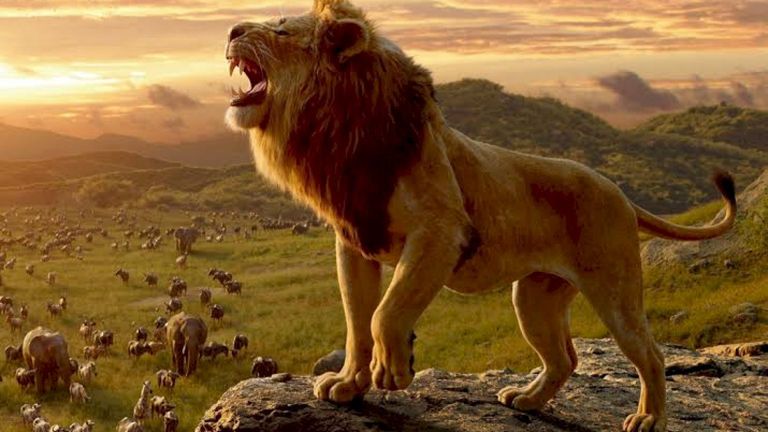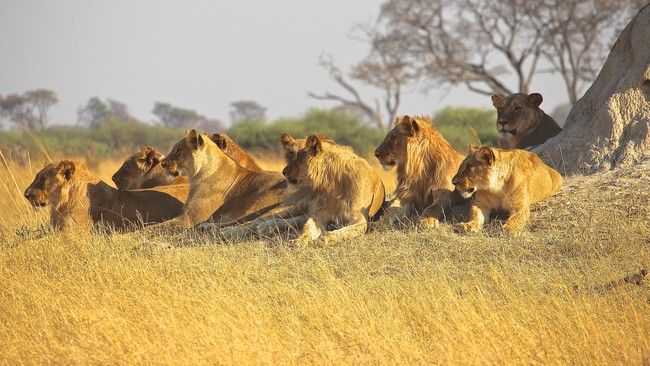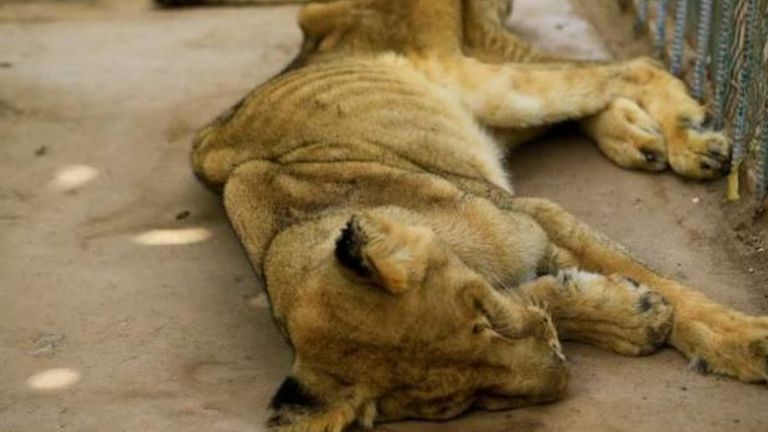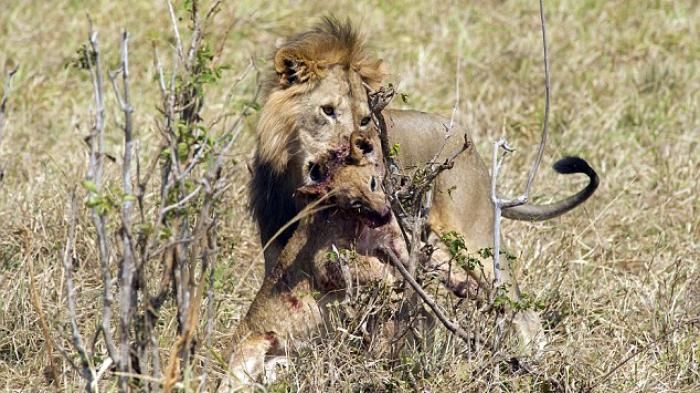
source
Lions are known as the "kings of the jungle" because they are the dominant apex predators in their natural habitats. Lions are powerful, courageous, and swift enough to pursue and capture their prey. Also, lions are renowned for being incredibly courageous creatures who may even challenge larger animals.
Lions are frequently referred to as "king of the jungle" to emphasize both their control and power within the habitat in which they dwell and the symbolic of bravery and strength they stand for.
Moreover, the symbolism of "king" is frequently connected to authority and power. The lion has long been seen as a representation of strength, bravery, and power in human society. The lion is revered as the "king of beasts" and a symbol of strength and justice in various civilizations, such as those in Africa.

source
Lions are communal creatures that live in packs. They rely heavily on the group for reproduction, food gathering, and defense against other predators. Because of this, they are less likely to survive if they are separated from their group.
Unlike other big cats, lions are not as adept at climbing trees. Because of this, they are less successful in finding refuge or hunting for prey on the tops of trees. In comparison to other predatory animals like cheetahs or wolves, lions do not move quickly. They are less successful in pursuing faster-moving prey as a result.
Humans frequently kill lions because they are regarded as dangerous creatures and have a high market value for their skin and other body parts. This jeopardizes their ability to live in the wild.

source
Lions are prone to a number of illnesses, especially if they dwell in large populations. Lions frequently struggle with parasites like fleas and worms as well as respiratory diseases.
The proper habitat is essential to the survival of lions. Only sufficiently big grasslands with ample water sources can support them. Their survival will be impacted if their environment is diminished or harmed.

source
Animals like lions hunt aggressively in the morning and the evening. To avoid the heat and find shade from the sun, they frequently nap and snooze during the day. The lions start to rise from their slumber and engage in hunting activities as the sun sets and the temperature drops.
Yet lions can also go on the hunt at night, particularly if they are starving. Lions frequently engage in cooperative group hunting, pursuing and killing victims with their claws or neck biting.